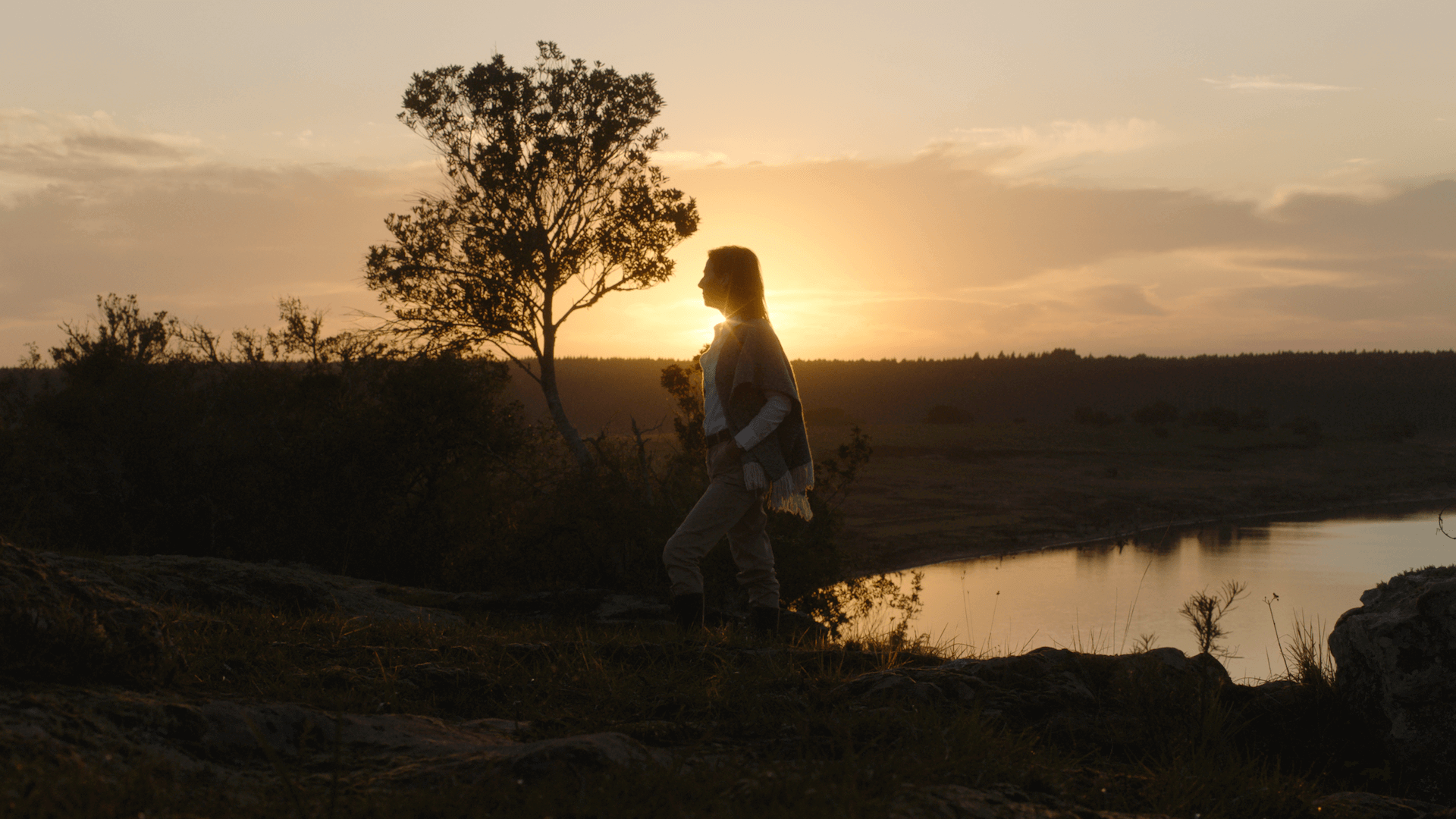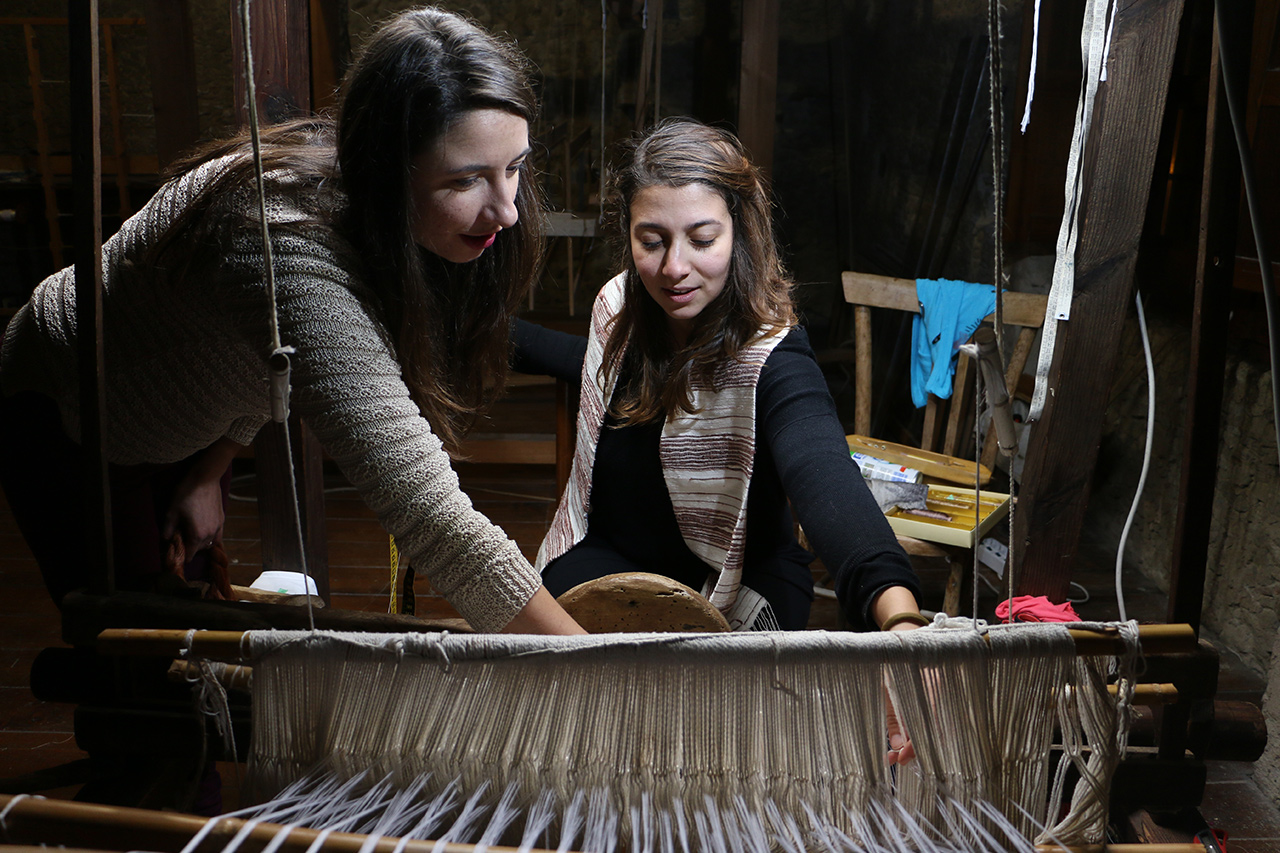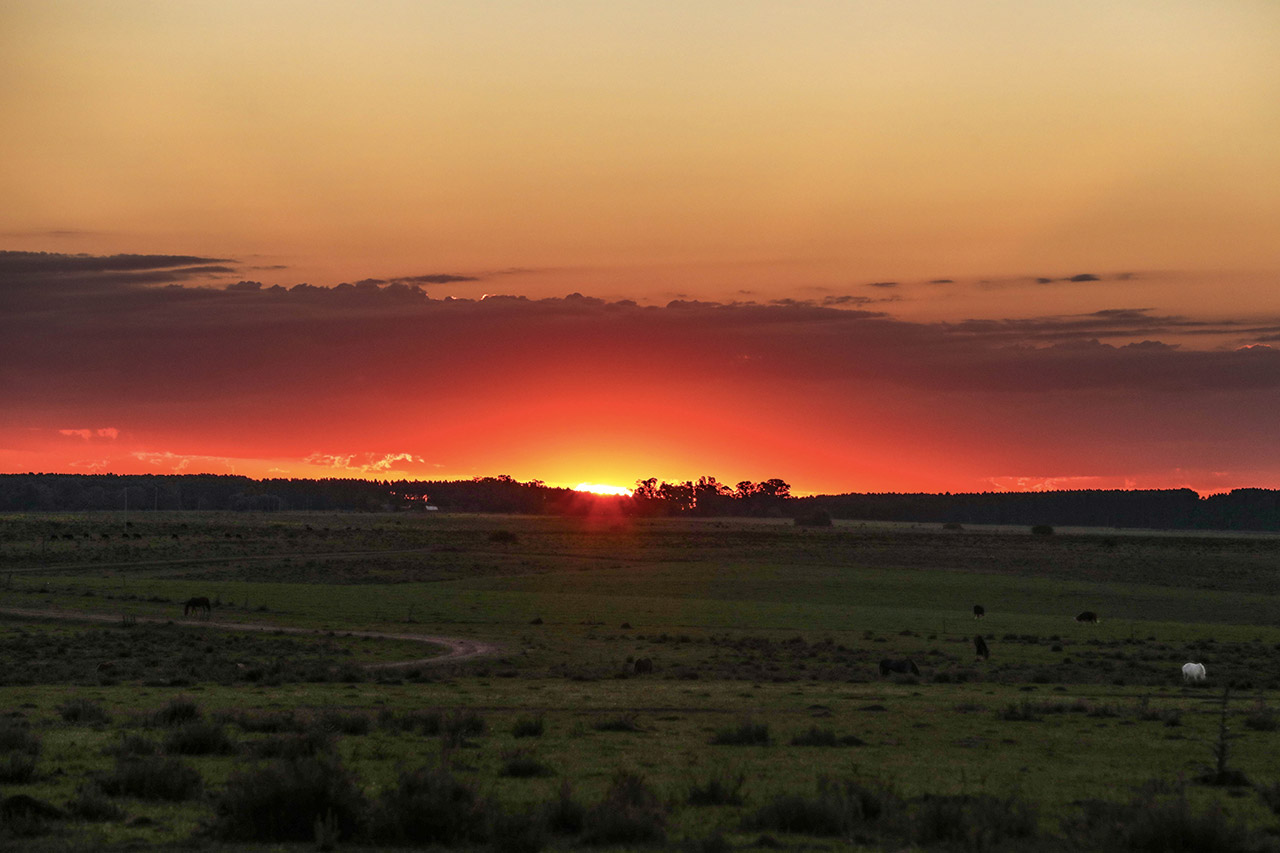Revisiting La Soledad farm in Uruguay one year on from the start of the Regenerative Agriculture program
“We must think today about what we want to be surrounded by tomorrow.”
That’s how Gabriela bid farewell to us after a long conversation on her farm in Uruguay, La Soledad. As a co-creation, the regenerative farming project is continuing to generate rewards, through engaging in discussions and listening to the people who live and work on the land every day. Safeguarding and regenerating the land is a collective responsibility, a universal story that unfolds through small yet significant daily efforts as we discovered from Gabriela’s answers during a series of questions we posed to her.
How are agriculture and culture interconnected? How does nature relate to people and vice-versa?
In Uruguay, agriculture and culture mutually influence each other. The country’s centuries-old connection with the land and rural lifestyle has shaped our culture and influenced our traditions. In the same way, the love and appreciation for our natural resources have laid the ground for holistic agricultural practices.
As some of the most prolific economic industries, crop growing and sheep farming are significant agricultural activities, contributing to Uruguay’s tradition of farming and defining the iconic gaucho culture – a lifestyle rooted in the land, revolving around horsemanship, farming, and framed by traditional clothing and folk music.
The relationship between nature and people is one of connection and respect, and it has defined the country’s attitude towards its natural environment, working towards sustainable practices to protect and preserve it.
When talking about nature, the principle of reciprocity applies. What you give is what you receive. Can we say that?
Indeed, the more you nurture the land, the animals and their habitats, the more they are bound to thrive. And that is exactly what we look for in sustainable agriculture: healthy ecosystems that guarantee abundant, long-term rewards.
This confirms the interconnection between humans and the natural world and emphasizes the importance of responsible stewardship.
Nature is extremely kind, so when we engage in sustainable practices, such as preserving waterways, reducing pollution, or engaging in regenerative farming practices that allow us to maintain a healthy and balanced relationship with the soil, the environment responds in amazing ways.
By mindfully caring for our surroundings, we can quickly perceive the benefits, such as clean air, fertile soil, and abundant local biodiversity.
I am confident that by practicing the principle of reciprocity, societies can foster a more harmonious relationship with nature, acknowledging the interdependence between the quality of life of humans and the health of the environment. By supporting the long-term preservation and conservation of nature, we are having a positive impact on both the present and future generations.
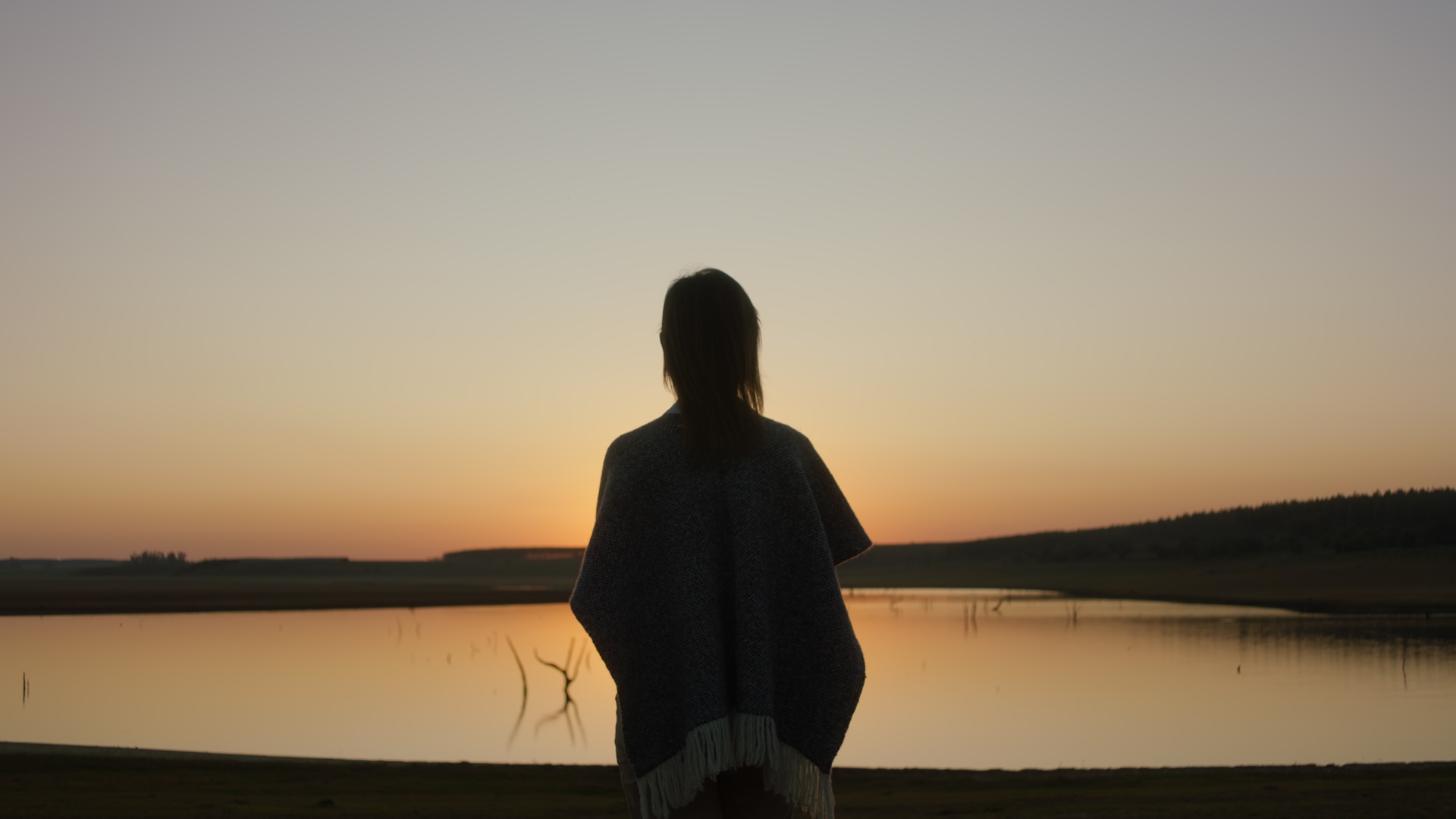
What do biodiversity and sustainability mean in your view? How can we incorporate them into our daily lives?
I would say that sustainability refers to a way of acting that acknowledges the impact of human actions on other people, animals, and the planet. It takes into account every step of the way and focuses on the smart administration of resources in order to satisfy present needs, while also contemplating those of future generations.
Biodiversity refers to the variety of life on Earth, which guarantees the balance between species. It is vital for the functioning of ecosystems, as each component contributes in its own way to the health and resilience of the environment.
“Sustainability challenges us to strike a balance between the satisfaction of immediate needs and their larger impact on the natural world.”
Biodiversity refers to the variety of life on Earth, which guarantees the balance between species. It is vital for the functioning of ecosystems, as each component contributes in its own way to the health and resilience of the environment.
I personally think that a great way of being sustainable in our daily lives is to think about the origins of the food, clothes and products we choose. Being aware of how processes impact the natural world is a great starting point, and supporting those producing responsibly is a way to use our power as consumers for the common good.
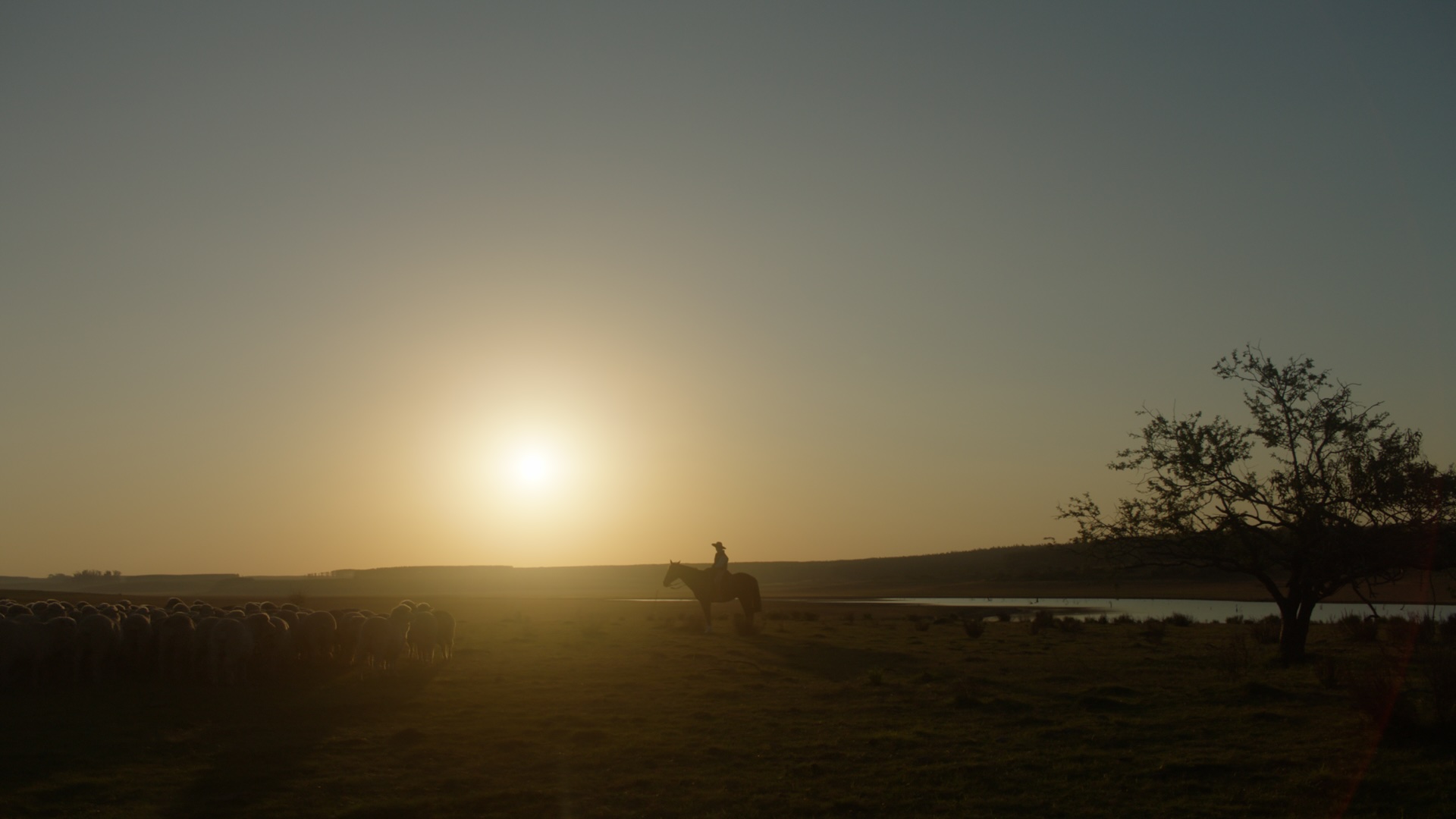
The NATIVATM Regenerative Agriculture Program launched by Gucci in collaboration with Chargeurs Luxury Fibers spans 100,000 hectares of land managed by ten farms and focuses on improving the quality of the soil – resulting in better nutrients, cleaner water, and an overall healthier habitat that restores biodiversity at the farm level, as well as sequestering carbon and supporting farming communities.
“Our aim with this project is to recreate what nature does so well.”
To create balanced ecosystems where all beings, big and small, cohabitate. This restores hope in a system in which animals, plants and people can work together to thrive, and allows the textile industry to be part of a change that feels as urgent as relevant.
Personally, it’s my greatest pleasure to share this journey with Gucci. By being part of the NATIVARegenTM program, Gucci has taken a long-term commitment to ensuring sustainable practices for their wool garments, providing a truly transparent and responsible process from farm to finished garment.
In addition to improving the health of the soil and the well-being of animals along the way, Gucci supports farmers and their families, having a positive impact on our local communities.
Discover the full, audio-described video in the following link.
Discover the 2022 Gucci Equilibrium Impact Report at the following link.
